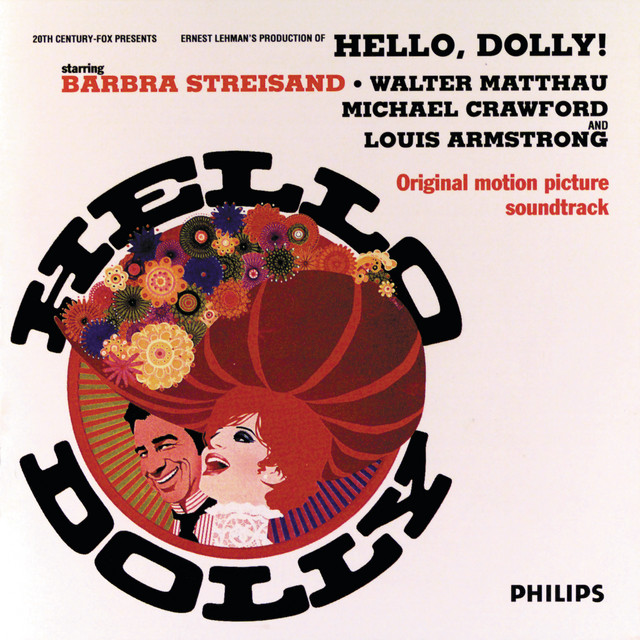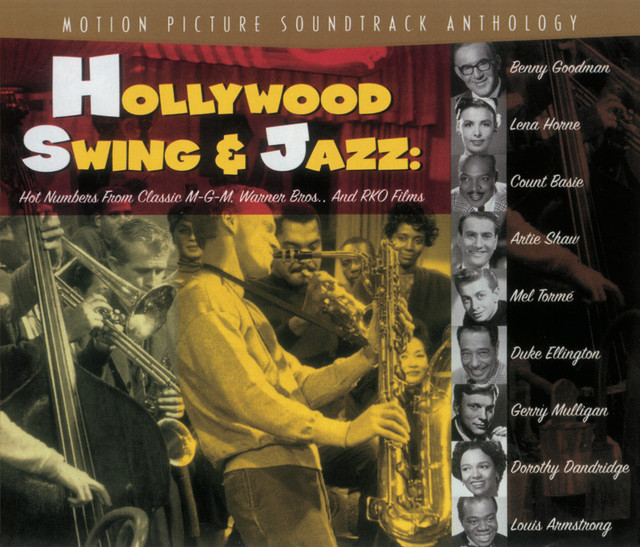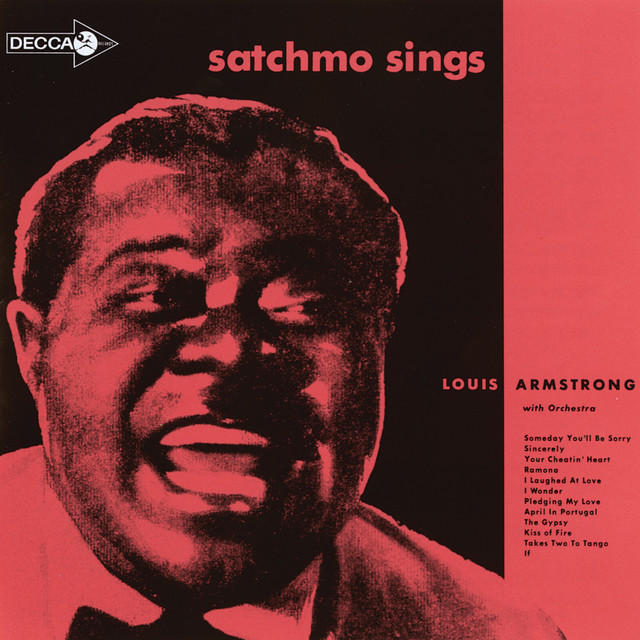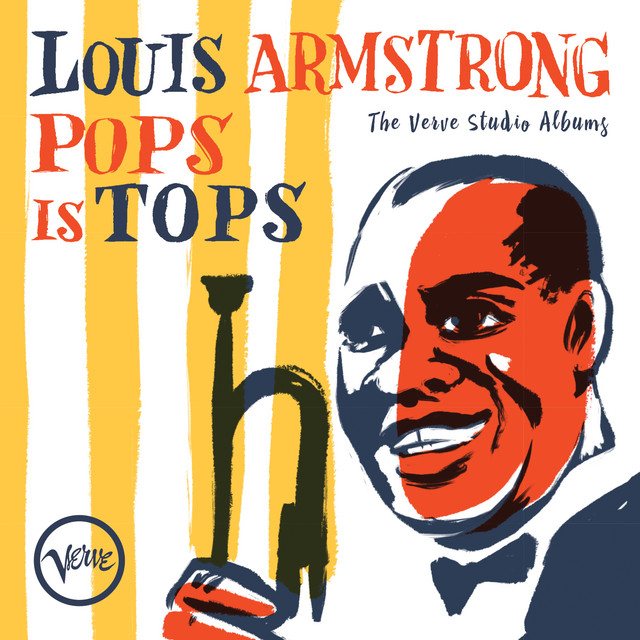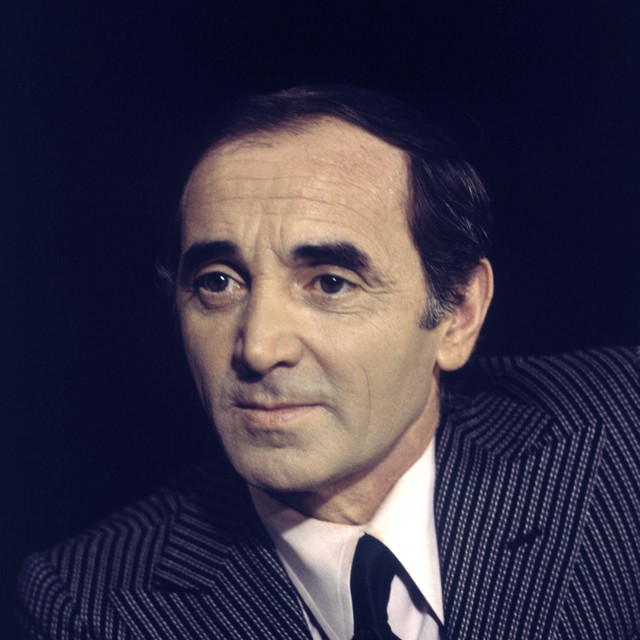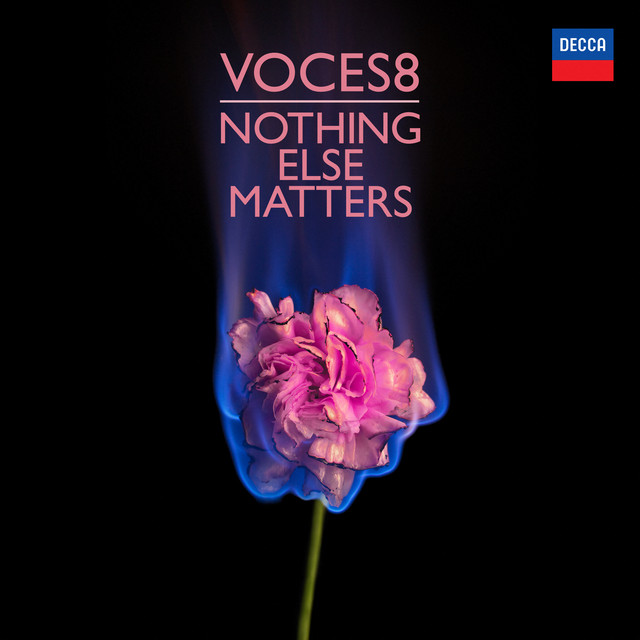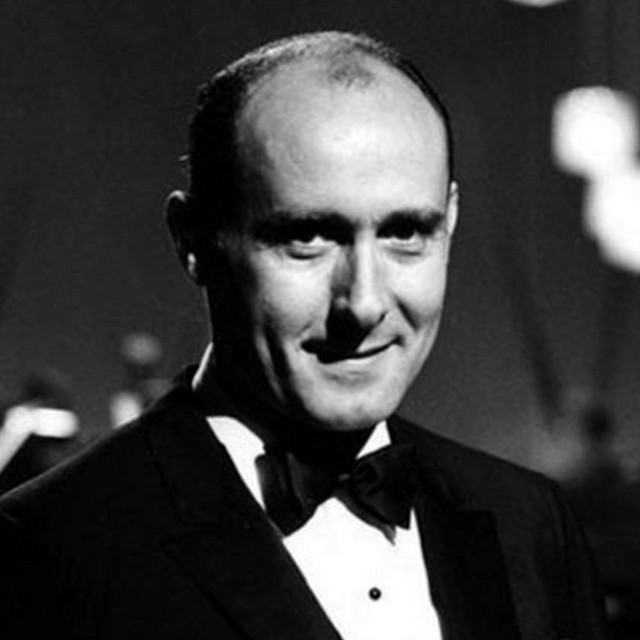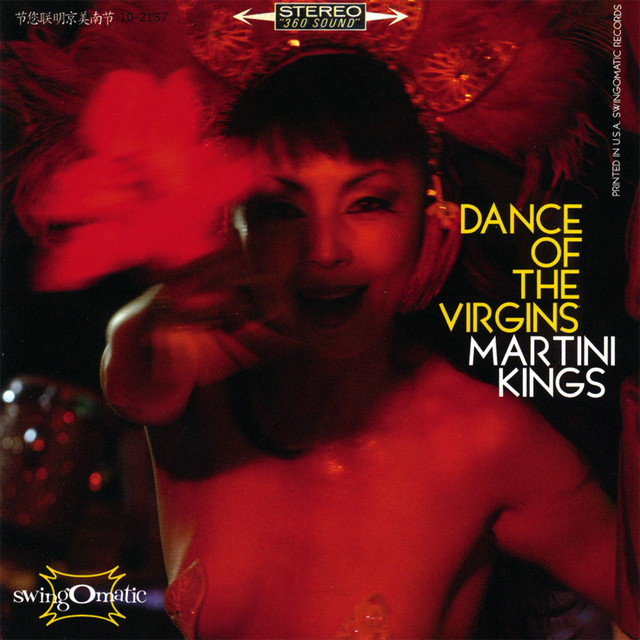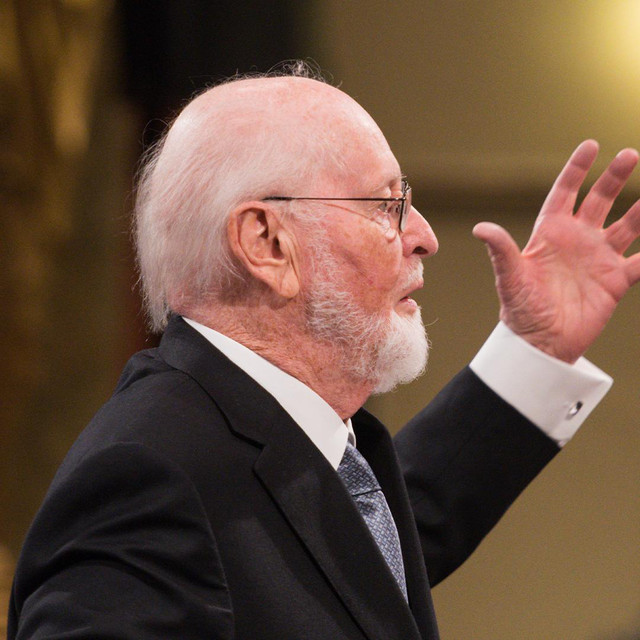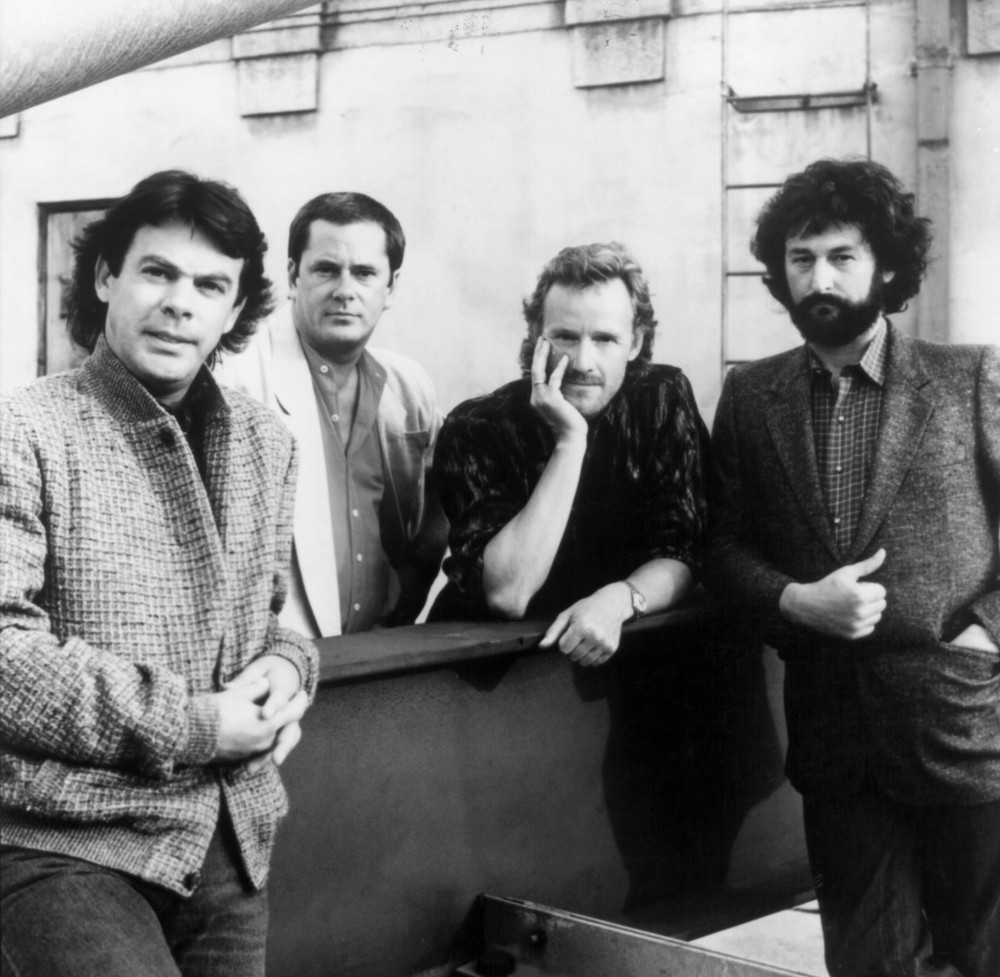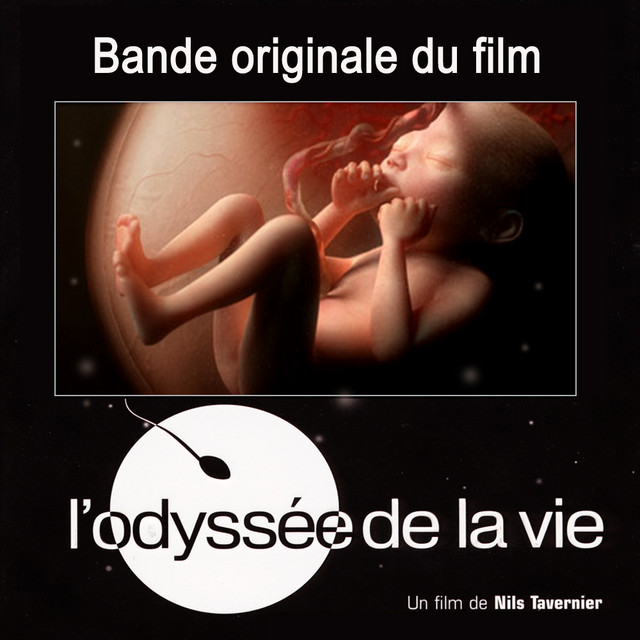Partitions MusicXML pour flute par Louis Armstrong
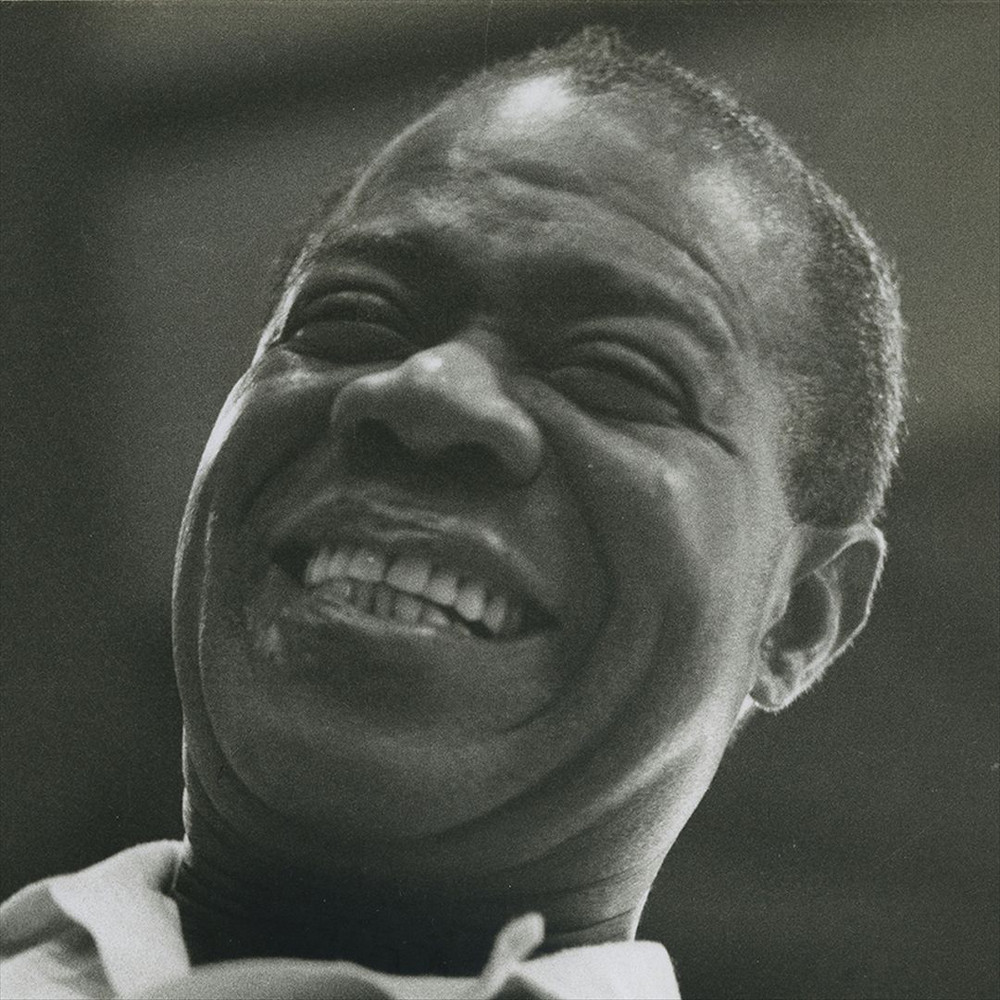
Louis Daniel Armstrong (August 4, 1901 – July 6, 1971), nicknamed "Satchmo", "Satch", and "Pops", was an American trumpeter and vocalist. He was among the most influential figures in jazz. His career spanned five decades and several eras in the history of jazz. Armstrong received numerous accolades including the Grammy Award for Best Male Vocal Performance for Hello, Dolly! in 1965, as well as a posthumous win for the Grammy Lifetime Achievement Award in 1972, and induction into the National Rhythm & Blues Hall of Fame in 2017.
Armstrong was born and raised in New Orleans. Coming to prominence in the 1920s as an inventive trumpet and cornet player, he was a foundational influence in jazz, shifting the focus of the music from collective improvisation to solo performance. Around 1922, Armstrong followed his mentor, Joe "King" Oliver, to Chicago to play in the Creole Jazz Band. Armstrong earned a reputation at "cutting contests", and his fame reached band leader Fletcher Henderson. Armstrong moved to New York City, where he became a featured and musically influential band soloist and recording artist. By the 1950s, Armstrong was a national musical icon, appearing regularly in radio and television broadcasts and on film.
Armstrong's best known songs include "What a Wonderful World", "La Vie en Rose", "Hello, Dolly!", "On the Sunny Side of the Street", "Dream a Little Dream of Me", "When You're Smiling" and "When the Saints Go Marching In". He collaborated with Ella Fitzgerald, producing three records together: Ella and Louis (1956), Ella and Louis Again (1957), and Porgy and Bess (1959). He also appeared in films such as A Rhapsody in Black and Blue (1932), Cabin in the Sky (1943), High Society (1956), Paris Blues (1961), A Man Called Adam (1966), and Hello, Dolly! (1969).
With his instantly recognizable rich, gravelly voice, Armstrong was also an influential singer and skillful improviser. He was also skilled at scat singing. By the end of Armstrong's life, his influence had spread to popular music in general. He was one of the first popular African-American entertainers to "cross over" to wide popularity with White and international audiences. Armstrong rarely publicly discussed racial issues, to the dismay of fellow African Americans, but took a well-publicized stand for desegregation in the Little Rock crisis. He was able to access the upper echelons of American society at a time when this was difficult for Black men.
Sélectionnez un des morceaux de Louis Armstrong et jouez cette partition MusicXML, PDF, ou en ligne avec des tablatures, doigtés ou simplement depuis une partition au format traditionnel.
Notre base de données de musicXML est assez grande. C’est pourquoi c’est parfois un peu difficile de trouver le morceau Mais avec le formulaire de recherche avancé, vous pouvez rechercher en profondeur dans notre base de données en toute simplicité. Faites comme chez vous, trouvez des partitions de musique puis let’s play that sheet (jouons cette partoche) !
